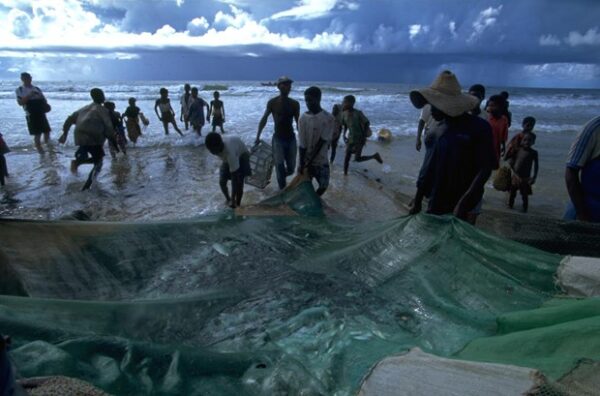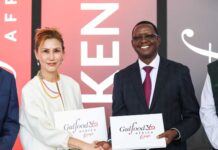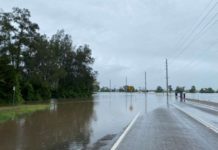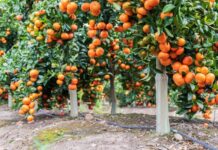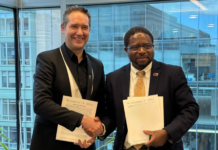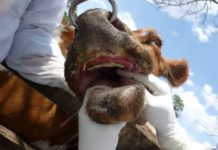Governments, multilateral organizations and private sector actors must urgently scale-up innovative ways to drive finance to small-scale fishermen and coastal communities to boost the sustainability of their fishing practices and build their capacity to protect marine ecosystems while being able to earn a decent living. This is the message that leadership at the International Fund for Agricultural Development (IFAD), will deliver at the United Nations Ocean Conference taking place from 9 to 13 June in Nice, France.
“Our oceans are deteriorating quickly. We cannot afford to wait longer to invest at scale in small-fishing and coastal communities who have the highest incentives to conserve the ecosystems that are central to their way of life. This is a smart investment which will bring substantial returns for economic well-being, better nutrition and ocean health,” said Pieternel Boogaard, Managing Director, Office of Technical Delivery, just prior to the summit.
“Proven innovative financial models exist that can bring win-wins for both coastal communities and the ocean. We need to implement them now and at scale,” she added.
At the conference, Boogaard will advocate for more blended finance mechanisms that allow the public sector, private investors and philanthropies to pool resources and share risks. She will also outline the potential of carbon trade practises to raise financial resources as part of projects protecting coastal ecosystems, by planting mangroves, and also cultivating seaweed to act as a carbon sink.
Boogaard will also outline IFAD’s experience in aligning public-private partnerships. to help build efficient value chains using green technologies such as solar-powered fish dryers and cold storage containers, to reduce post-harvest fish loss. This helps to reduce waste, protect fish stocks, and add value to fish harvests. With aquatic products degrading quickly, small-scale fishers lose up to a third of their catch.
In addition, Boogaard will highlight the power of blue bonds and explain how IFAD is bringing global finance to vulnerable coastal communities through its sustainable development bonds, with its first issuance in 2022.
IFAD will also call for the end of harmful subsidies and the redirection of the subsidies to sustainable eco-systems conservation practices and fishing. IFAD is a technical partner to the WTO Fisheries Funding mechanism established to support the implementation of the Agreement on Fisheries Subsidies, which sets new rules to curb harmful subsidies and protect global fish stocks in a manner that also recognizes the needs of fishers in developing and least-developed countries (LDCs).
An annual investment of US$175 billion is needed to conserve and sustainably use the oceans and marine resources for development. Yet, between 2015 and 2019, less than US$10 billion was invested.
Small-scale fisheries are central to fish catch and production, with 90 per cent of global fisheries and aquaculture production is by small-scale producers. Globally, 492 million people, nearly half of them women, depend at least partly on small-scale fisheries.
In the last 15 years since 2010, IFAD has supported about 130 projects with activities touching on fisheries, aquaculture and coastal livelihoods, with about US$1.4 billion directly invested in these sectors targeting about 80 million beneficiaries, including small-scale fishermen, artisanal fish traders and processors, including women, the youth and indigenous people.
Follow IFAD at UN Ocean Conference.
IFAD Managing Director Pieternel Boogaard will speak at Ocean Action Panel 3: Mobilizing Finance for Ocean Actions on Tuesday 10 June, at 10.00 am. Follow.
More about IFAD blue economy investments
Fisheries and aquaculture at IFAD
Tanzania’s seaweed farmers bring the ocean’s bounty to the world


